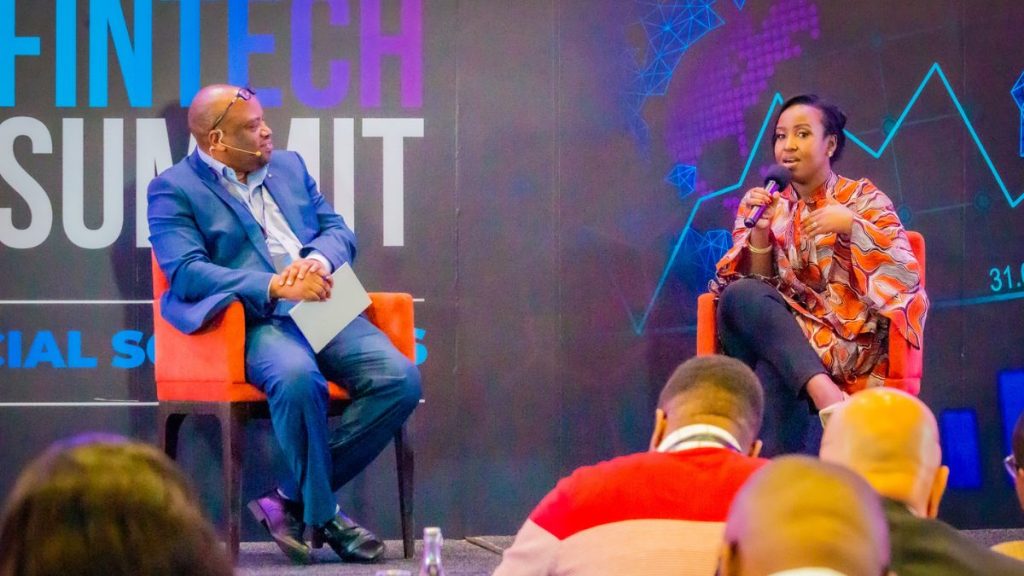The clock is ticking for Windows 10 users. With Microsoft’s official End of Support (EOS) deadline looming in October 2025, South Africans are being…
Fintech partnerships key to financial inclusion in Africa

Africa’s fintech start-ups are disrupting the payments landscape by revolutionising how consumers are accessing financial services. By collaborating with them, legacy financial institutions can leverage their technology to remain competitive in a now digital first landscape whereas fintechs can tap into the laid structures to expand their reach.
This is the view of Faith Nkatha Gitonga, Cellulant’s country manager in Kenya. She was speaking at the Africa Fintech Summit held in Nairobi and organised by Dx5, formerly known as CIO Africa.
“The payment ecosystem is very complex,” said Gitonga. “Banks and fintechs need to collaborate in order to be successful. That’s how we will be able to facilitate greater levels of financial inclusivity across income levels.”
Gitonga explained that payments have traditionally been a challenge for African businesses and their banks. Businesses must work with a huge number of partners, for instance, to handle the many forms of payments that customers use, as each nation favours a distinct set of options. Card payments, where banks excel, have extremely little penetration, which is a problem for banks given the size of the unbanked population and the popularity of mobile money.
In a continent where merchants and consumers are increasingly shifting to digital payment channels, banks and other financial service providers (FSIs) need to find ways to modernise their payments infrastructure.
Gitonga cited the recent partnership between Cellulant and Grey Finance which enables customers to conveniently receive international payments in local currency using mobile money as a prime example of how partnerships open up efficient and seamless transactions for thousands of people on the continent.
She also revealed that the ability to integrate mobile money and bank transfers within the African continent is the major value proposition Cellulant offers to partners like Grey.
Abundant opportunities exist in the payment space in Africa as the continent is still not a cashless economy yet, said Gitonga.
“There are still cash heavy industries like the fast-moving consumer goods industry which provide a lot of opportunities for entrepreneurs to innovate and provide relevant and appropriate payment solutions.
“Even in Kenya, which has one of the highest levels of financial inclusion, only about 50-60% of our transactions are digital; in other parts of Sub-Saharan Africa this is typically 30% or lower.”
Cellulant views fintech partnerships as a means to support financial inclusion and growth of not only individual businesses but Africa’s economy as a whole.
“Customer delight is what differentiates Cellulant from the other players in the market. We strive for excellence and the best outcomes when serving our customers across our 35 markets,” she pointed out. “This is a culture that was instilled into our staff by the founders from the early days.”
Gitonga affirmed this laser focus on the customer is the main reason why leading brands across different sectors such as aviation, telecommunications, e-commerce, food and beverage services, ride hailing apps, retail and remittance trust Cellulant to power their payments.
“We are committed to making sure that they are well taken care of and satisfied with the services we provide. We like to say that when you follow the customer, you follow the money. Over the years, we have been innovating because we want to be at the heart of what the customer is feeling and wants. We always want to be ahead of that.”
ALSO READ: Bizao on fast-track to becoming Africa’s top payment hub

